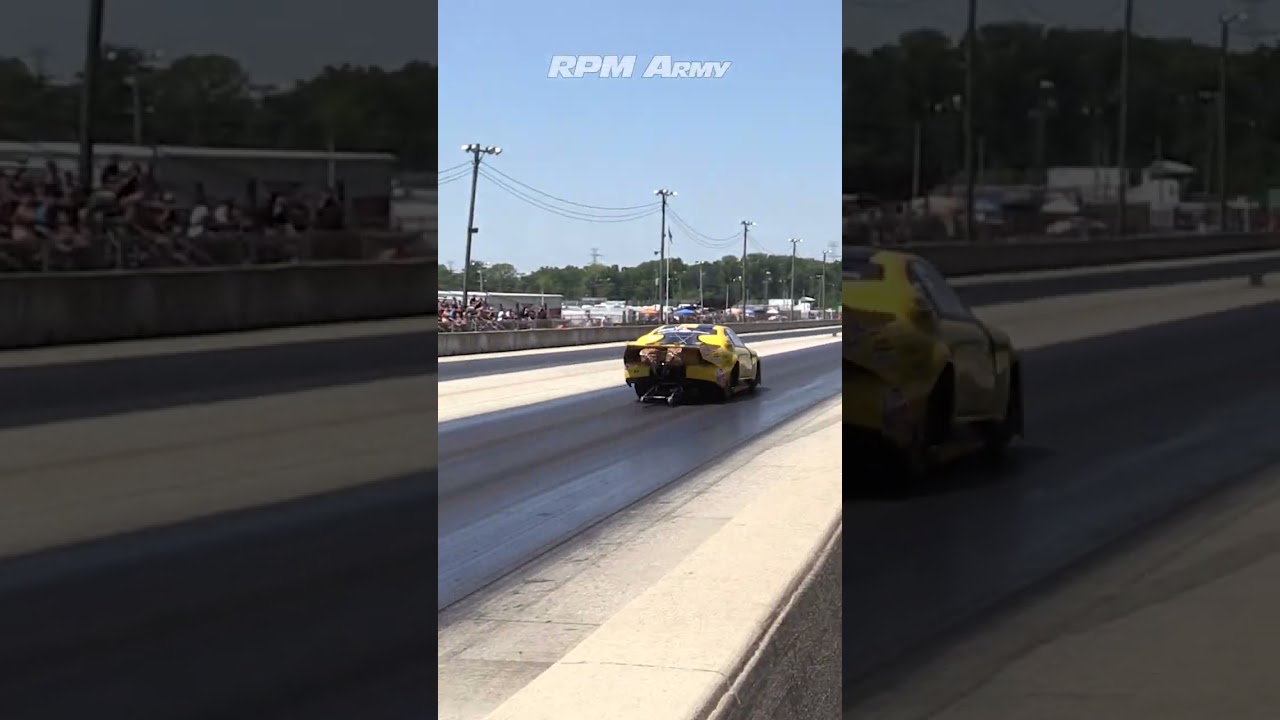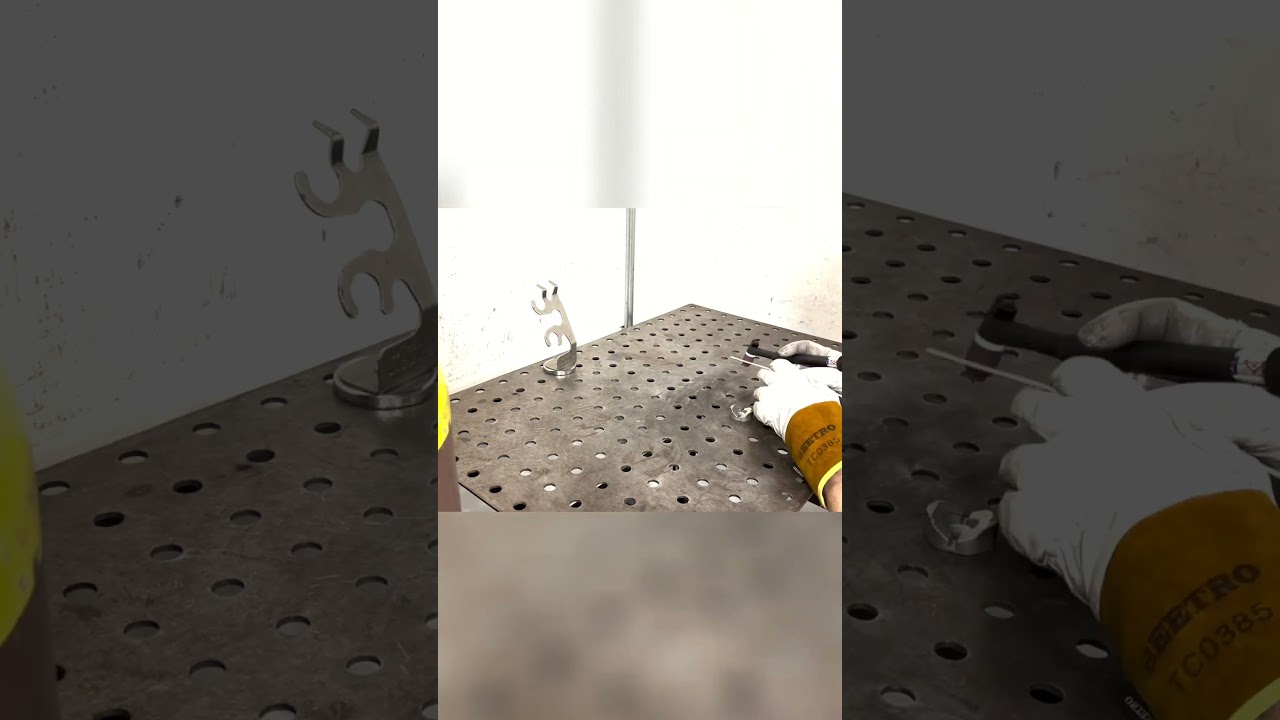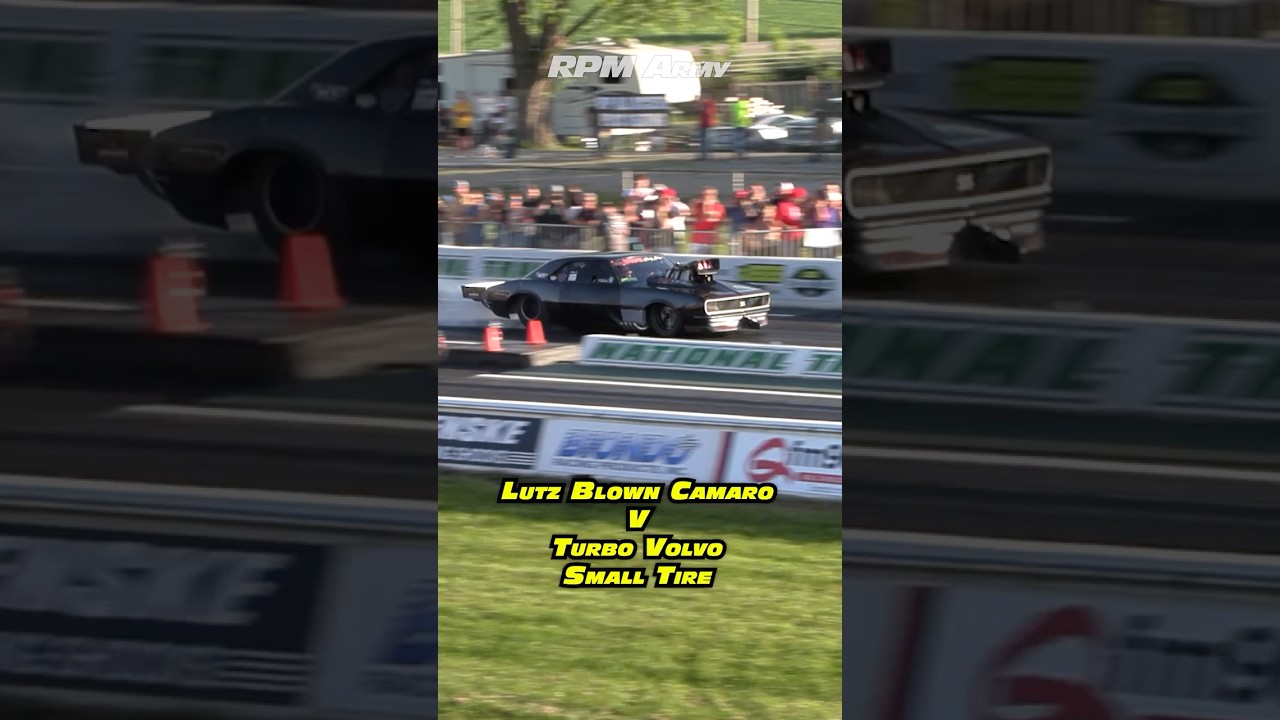amzn.to/3MPrN3t Kevin Ericsson modified a 1972 Plymouth Satellite as part of his project called Project Electrollite. The primary goal of the project was to convert the vintage car into an electric vehicle (EV) while maintaining its vintage design and functionality. Ericsson sought to merge cutting-edge technology with traditional design elements, and he did this by swapping a Tesla Model S drivetrain with a classic muscle car. To do this, Ericsson installed an electric motor and a set of lithium-ion batteries in place of the initial internal combustion engine. The vehicle's environmental impact and reliance on fossil fuels are diminished by the electric motor's clean and effective power source. Using lithium-ion batteries enables longer driving distances and quick recharge times. In addition to the vehicle's electric drivetrain, Ericsson improved a number of other parts. To save the energy that would have been lost during braking, he installed a sophisticated regenerative braking system. The car's efficiency and range are significantly improved by this function. The Plymouth Satellite's interior also had a number of modifications. Incorporating both a touchscreen entertainment system and a digital instrument cluster, Ericsson combined traditional design with cutting-edge technology. In addition to improving utility and convenience, these upgrades also keep the car's vintage appeal. Overall, Project Electrollite's conversion of a 1972 Plymouth Satellite into an electric car was a success since it blended retro design with cutting-edge engineering. The initiative demonstrates the viability of converting vintage vehicles to electric drivetrains, lowering emissions and promoting environmentally friendly transportation. Electric vehicle (EV) and classic muscle car fans alike are becoming increasingly interested in the practice of installing a Tesla motor in a vehicle. With Tesla's cutting-edge electric drivetrain technology, this new trend marries the classic muscle car design with sheer power. The increased interest in this conversion is being fueled by a number of factors. Priority one is to maintain the famous muscle car's vintage style and performance while reaping the rewards of electric propulsion. With their immediate torque, Tesla's electric motors deliver remarkable acceleration and an exhilarating driving experience. It is impossible to ignore the environmental benefits of converting a vintage muscle car to an electric vehicle. The gas-guzzling engines of these vintage cars may be swapped out with a Tesla motor and battery pack, which will drastically reduce emissions and help to create a greener future. However, we prefer to believe that he did it because of the more significant reason… BECAUSE RACECAR. The recognition of Tesla as a brand and the quality of its electric drivetrains also contribute to this rise in EV swaps. The installation of a Tesla motor in a vintage muscle car enables enthusiasts to embrace this cutting-edge technology while maintaining the vintage appeal and personality of their cherished vehicles. Be sure to visit us on social media!
➡️ Follow Us On Instagram: www.instagram.com/gearheadtour/ ➡️. Like Us On Facebook: www.facebook.com/gearheadtour/ GHT Media, LLC is a participant in affiliate marketing programs. As an affiliate we may earn fees from links provided here. These fees in no way increase the amount you pay for items.
Tesla swapped muscle cars – cool or blasphemy?

Share with
Tagged in :


